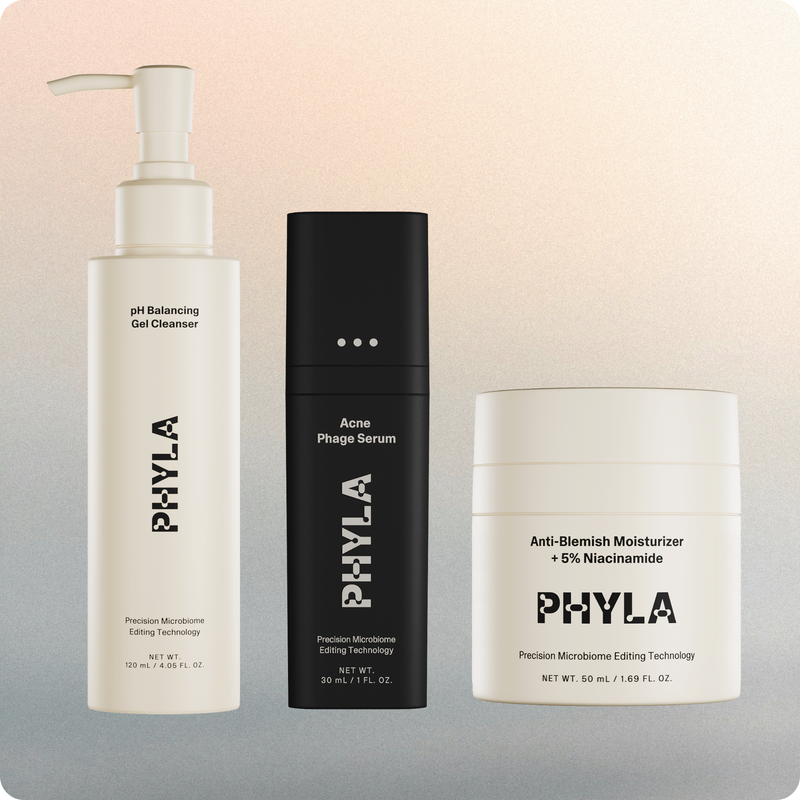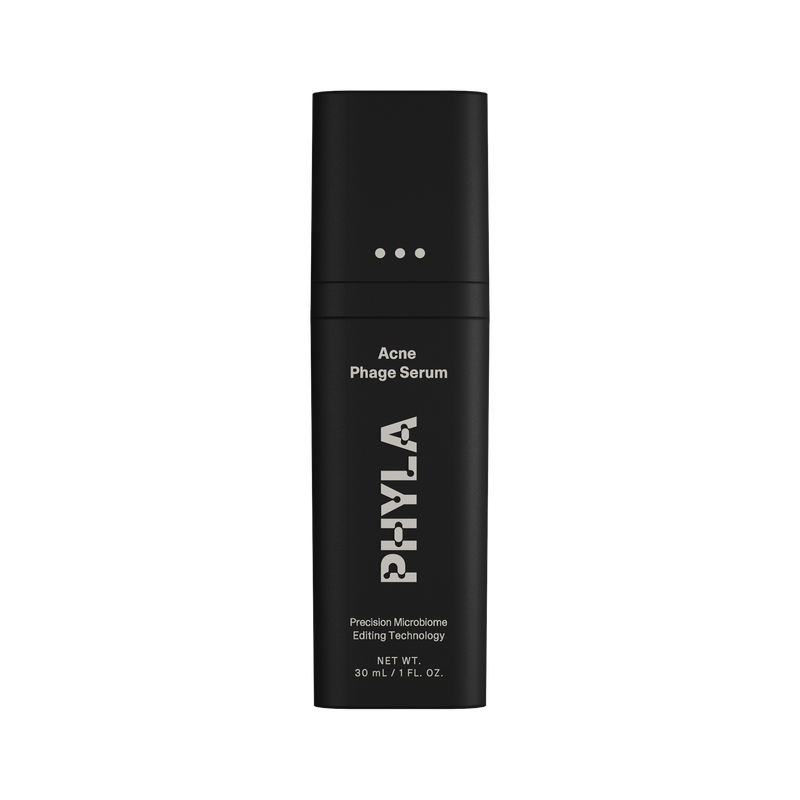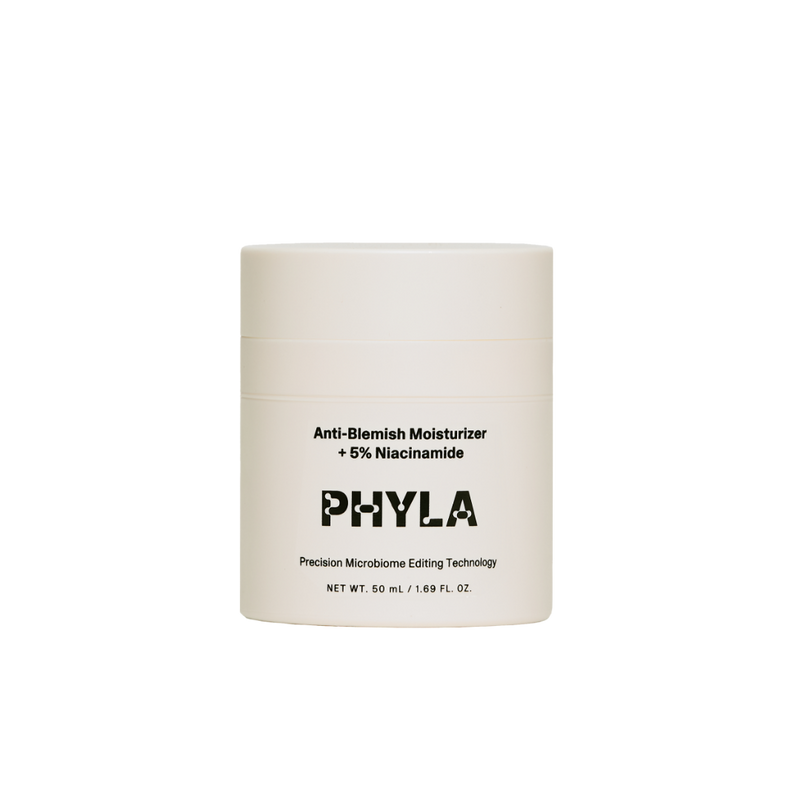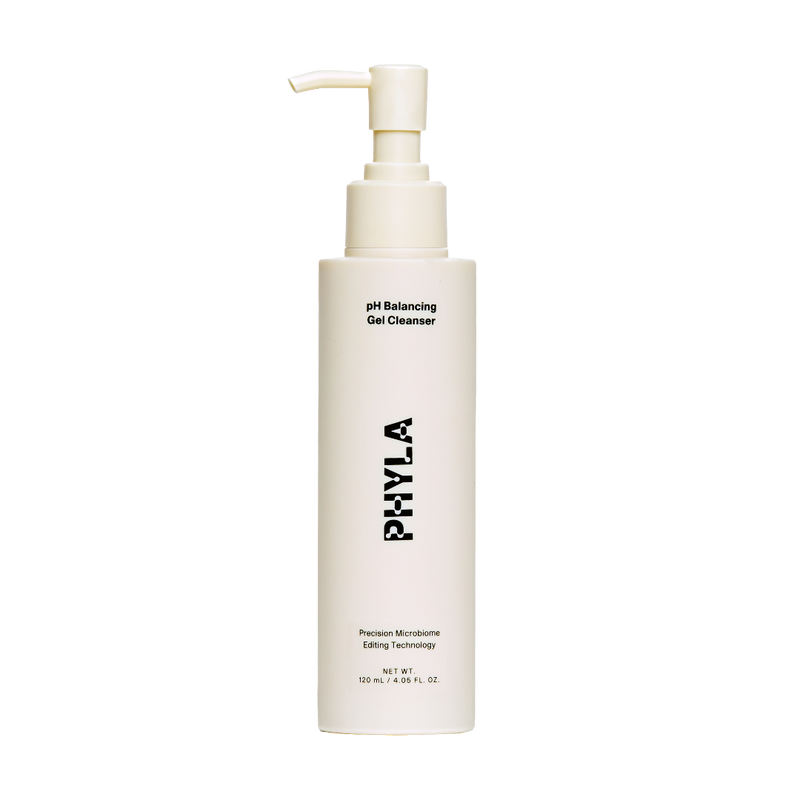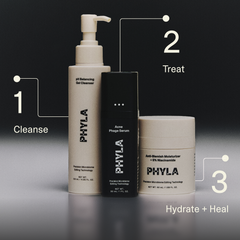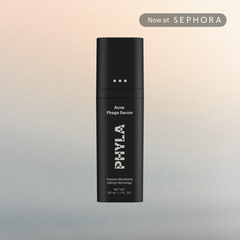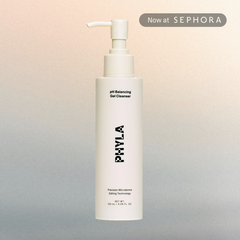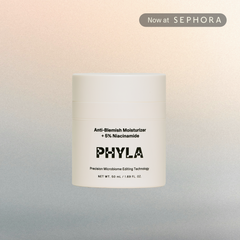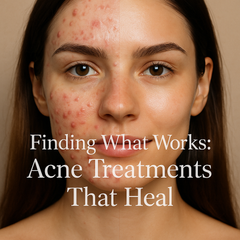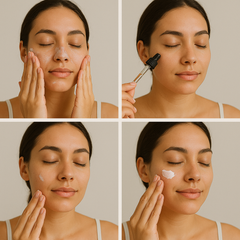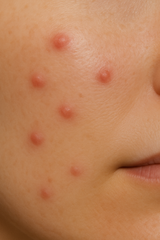Sensitive vs. Sensitized Skin: Understanding the Difference
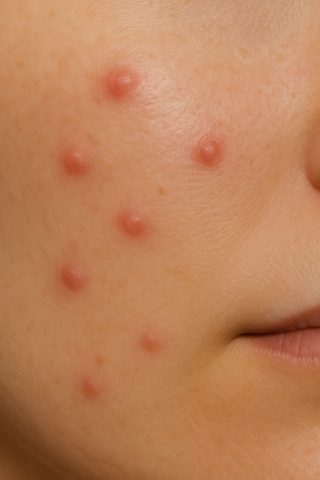
If your skin often reacts with redness, dryness, or stinging, you may be dealing with either sensitive or sensitized skin. Though the terms sound similar, they stem from very different causes—and knowing the difference is key to choosing the right products and routines.
What Is Sensitized Skin?
Sensitized skin is skin that has become temporarily reactive due to external factors like:
-
Harsh ingredients
-
Over-exfoliation
-
Pollution
-
Stress
-
Weather changes
It’s not something you’re born with—it develops when your skin barrier becomes compromised.
Signs Your Skin Is Sensitized
-
Burning or stinging sensation
-
Redness or blotchiness
-
Flaky texture or tightness
-
Dehydration and dullness
Even skin that’s typically “normal” can become sensitized under certain conditions.
Feeling off-balance? Try switching to a barrier-repair routine designed to calm inflammation and support your skin microbiome. Here’s a routine that does both →
Sensitive Skin vs. Sensitized Skin: Quick Comparison
|
Feature |
Sensitive Skin |
Sensitized Skin |
|
Cause |
Genetic |
Environmental/lifestyle triggers |
|
Duration |
Lifelong |
Temporary (can be reversed) |
|
Common Symptoms |
Redness, reactivity, flushing |
Burning, dehydration, sudden irritation |
|
Triggers |
Fragrance, allergens |
Pollution, stress, overuse of products |
|
Treatment Focus |
Ongoing care, dermatological input |
Restore barrier, reduce inflammation |
Unsure which one you’re dealing with? If your symptoms appeared suddenly, it’s likely sensitized—and reversible with the right approach. This one helps →
Best Products for Sensitized Skin
The focus when choosing the best face serum for sensitive skin should be on soothing, hydrating, and reinforcing your skin barrier. Opting for a hydrating serum for sensitive skin with carefully selected ingredients can make a dramatic difference, especially if you are looking to improve your skin's resilience or want dermatologist recommended solutions. Look for a face serum for sensitive skin that includes:
-
Niacinamide – helps reduce inflammation
-
Ceramides – support the skin barrier
-
Green tea extract – rich in antioxidants
-
Aloe vera – calms and hydrates
-
Prebiotics and probiotics – help rebalance the microbiome
When selecting the best serum for sensitive skin dermatologist recommended, it’s crucial to steer clear of common irritants, as these can worsen symptoms, especially when you’re focused on how to get rid of sensitive skin when sick. Ingredients to avoid include:
-
Alcohol
-
Synthetic fragrances
-
Harsh acids or scrubs
Sensitized skin responds best to gentle, microbiome-friendly face serum formulations designed specifically for sensitive skin needs. Choosing a hydrating serum for sensitive skin that checks every box can promote lasting comfort and help your skin recover faster. Find your match with a targeted formula →
Why Your Skin Feels Sensitive When You’re Sick
Sensitive skin when sick is real—and very common. Illness impacts your skin through:
-
Elevated inflammation
-
Decreased hydration
-
Increased stress hormones like cortisol
These changes can disrupt your skin barrier and microbiome, making your skin feel:
-
Extra hot or itchy
-
Tight or dry
-
More reactive to products and weather
How to Help Your Skin When You’re Sick
Support your skin by simplifying your routine:
-
Drink lots of water
-
Stick to fragrance-free, barrier-friendly products
-
Avoid retinoids, acids, and strong actives
-
Prioritize rest
A simplified, restorative routine makes a big difference. Try this one for relief →
Does Sleep Affect Acne?
Absolutely. Sleep and acne are closely linked due to the way your body handles stress and healing overnight.
Getting enough sleep is one of the most effective—and overlooked—ways to support clear, calm skin.
Sleep, hydration, and a skin microbiome-supportive routine go hand-in-hand. Here’s a routine that complements your rest and recovery →
Here's how lack of sleep affects your skin:
-
Increased cortisol → more oil, inflammation, and breakouts
-
Slower skin repair → weakened barrier and worsened acne
-
Higher sensitivity → more flare-ups and irritation
https://www.ncbi.nlm.nih.gov/pmc/articles/PMC6678709/
https://www.mindbodygreen.com/0-23996/your-skin-microbiome-why-its-essential-for-a-healthy-glow.html
https://skinwellnesspro.com/armor-up-5-ways-to-boost-the-skins-microbiome/

